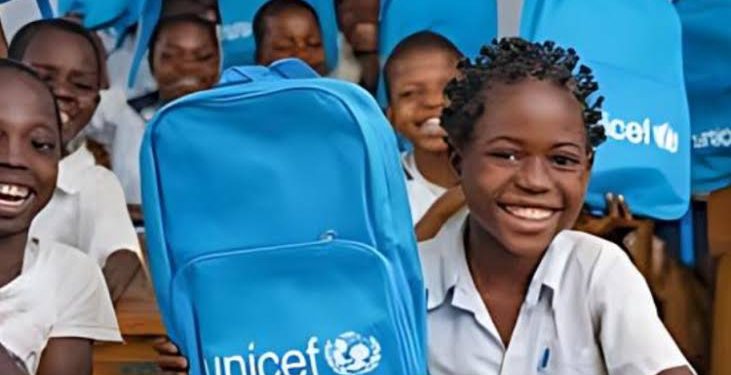In a landmark move to bridge the digital divide and improve access to education among Nigeria’s most vulnerable youth, UNICEF, in partnership with the Sokoto State Government and supported by the Eleva Foundation, has inaugurated a Digital Village in Sokoto township. The initiative targets Almajiri children and out-of-school adolescent girls, providing them with digital and vocational training to foster economic empowerment and social inclusion.
The Digital Village, officially launched at the Sultan Machido Institute, integrates technological literacy, youth innovation, and life skills training in a safe and supportive environment. According to a statement from UNICEF’s Communication and Advocacy Specialist, the centre will hold structured training sessions three times a week, benefitting 250 participants—150 Almajiri children and 100 adolescent girls.
This initiative directly addresses the lack of formal education and vocational opportunities for underserved groups in northern Nigeria, aiming to build pathways toward self-reliance, innovation, and long-term development.
Dignitaries at the event included the Executive Governor of Sokoto State, the Sultan of Sokoto, the UNICEF Representative in Nigeria, and other state, religious, and community leaders. Their presence underscored the significance of this step toward inclusive education and child protection.
In addition to the Digital Village, UNICEF and its partners also commissioned a newly constructed warehouse, now officially handed over to the Sokoto State Government. The warehouse, equipped with a forklift and racking system, is intended to improve the storage and distribution of nutrition supplies across the state. Funded by USAID’s Bureau for Humanitarian Assistance and the UK’s Foreign, Commonwealth & Development Office, the facility plays a vital role in supporting government efforts to combat malnutrition and ensure food security.
The event also featured the formal adoption and launch of Sokoto State’s Food and Nutrition Policy. This policy aims to tackle malnutrition, food insecurity, and related health challenges through coordinated strategies targeting children and other vulnerable populations.
UNICEF reaffirmed its commitment to collaborating with local and international partners to empower underserved children in Sokoto. Through initiatives like the Digital Village and improved nutrition infrastructure, the organization seeks to equip young people with the skills, resources, and support they need for a brighter, more inclusive future.










